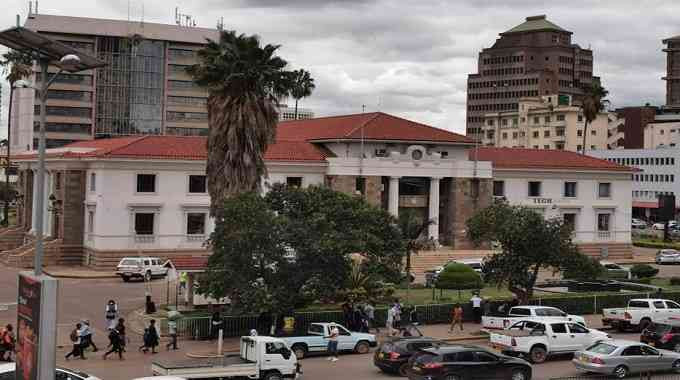
WHILE Southern African Development Community (Sadc) nations celebrated Olympic victories in France, tensions simmered back home as member states drafted policies that tested regional cooperation.
Zambia, for instance, announced the reopening of its borders with the Democratic Republic of Congo (DRC). This was after the DRC retracted its trade restrictions against Zambia.
Meanwhile, Zimbabwe introduced a contentious policy requiring fuel transporters passing through the country to pay full duties and levies, with reimbursement only upon confirmed exit.
The Sadc region, comprising 16 countries, aims to promote economic integration, cooperation, and development. However, recent events have highlighted the fragility of cross-border trade within this bloc. In July, the DRC imposed a 12-month ban on importing basic goods such as beverages, Zambian-made tiles, and earthenware, aiming to protect its local industries.
In retaliation, Zambia shut down three border crossings — Sakania, Mokambo, and Kasumbalesa (Sadc's second-busiest border after Beitbridge) — to safeguard its balance of trade and employment. This closure disrupted not only the movement of goods but also the flow of people, destabilising economic stability in both nations.
On August 13, 2024, Zambia reopened its borders after meeting with DRC officials, who simultaneously lifted their trade restrictions. While this resolution might appear to mend relations, it underscores the persistent trade disputes in the region and the delicate balance between protecting local industries and maintaining international trade partnerships — a challenge Zimbabwe has faced repeatedly. Zambia's reliance on Mozambique and South Africa's ports for fuel supplies, using Zimbabwe as a transit route.
The DRC, a landlocked nation heavily dependent on mineral exports, was particularly vulnerable to Zambia's border closures, which threatened its economic stability. The swift resolution highlights the need for countries to prioritise diplomatic negotiations over protectionist measures that can harm regional economies.
Zambia's response to the DRC's trade policy also exposed the vulnerability of supply chains across the region. Disruptions — whether due to trade disputes, political tensions, or infrastructure challenges — can have severe economic repercussions.
- In Full: Fifteenth post-cabinet press briefing, June 07, 2022
- Health talk: Mandatory wearing of masks can now be scrapped
- Zipra cries foul over vetting process
- Health talk: Let us remain vigilant about monkey pox
Keep Reading
As the upcoming Sadc summit approaches, these issues merit urgent discussion, with a focus on fostering open borders, transparent regulations, and efficient dispute resolution mechanisms.
Amid these regional tensions, Zimbabwe introduced a new measure requiring fuel transporters passing through the country to pay full duties and levies upfront, with reimbursement upon exit. Finance minister Mthuli Ncube justified this policy as a necessary step to combat rising fuel transit fraud.
This move mirrors the DRC's earlier rationale for its trade restrictions, aimed at protecting local producers and consumers from harmful, fraudulently imported goods. However, Zimbabwe's new policy adds complexity to an already strained transit process.
The country, a key transit route within Sadc, is notorious for border delays due to cumbersome processing requirements. Adding the new policy into the mix could further exacerbate these delays. Additionally, Zimbabwe's historically troubled banking system and challenges in managing foreign currency transactions present further obstacles. The reimbursement process, already complex, could become even more arduous, slowing down the transit of goods and straining relationships with neighbouring countries.
Zimbabwe faces a dilemma in balancing currency stability with the need to collect taxes, levies, and duties in either local or foreign currency. If the government demands payments in local currency, fuel transporters will have to procure it on the open market, potentially causing delays. Reimbursement in foreign currency, however, may take weeks, further complicating the situation for transporters and adding uncertainty to cross-border trade.
The fragility of international trade within the Sadc region underscores the critical need for cooperation, robust infrastructure, and policy alignment. As member states navigate trade disputes and transit challenges, collaborative efforts will be essential to strengthening the resilience of regional economies and ensuring the continued flow of goods and services across borders.
- Duma is a financial analyst and accountant at Equity Axis, a leading media and financial research firm in Zimbabwe. — [email protected] or [email protected], X: TWDuma_











